July 31, 2025 | 00:21 GMT +7
July 31, 2025 | 00:21 GMT +7
Hotline: 0913.378.918
July 31, 2025 | 00:21 GMT +7
Hotline: 0913.378.918
China is the world's biggest exporter of phosphate and a major supplier of urea, but since 2021 it has imposed measures including export quotas and lengthy inspection requirements on the fertiliser ingredients to cool domestic prices.
Urea exports plunged 24% to 2.8 million metric tons in 2022 from the year before and though higher this year, remain below the previous years' average level.
Phosphate exports were brisk earlier in the year but have also been throttled back in recent months, leading to a squeeze in global supply that has pushed up prices.
The Chinese government's growing intervention in the exports means the country will be an even less reliable supplier in 2024, said Josh Linville, director of fertiliser at brokerage StoneX Group Inc.
"Normally, market factors call the shots on what happens. Now, we have to try and figure out what the central government is thinking and its reaction can swing heavily from side to side. Buyers will have to diversify," he said.
U.S prices for di-ammonium phosphate (DAP), a global benchmark for the industry, have risen 26% since mid-July to $617.30 per ton, according to LSEG data.
"The limitations imposed by China are pushing up urea and di-ammonium phosphate prices, but we don't anticipate significant increases," said a senior official with a New Delhi-based fertiliser company.
(Reuters)
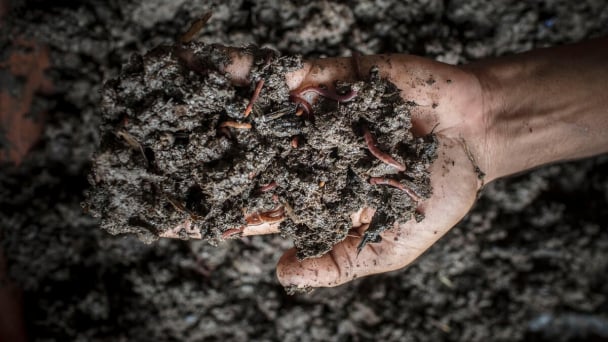
(VAN) FAO-led publication outlines structure and highlights agenda including new harmonized indicators and capacity building accessible to all.
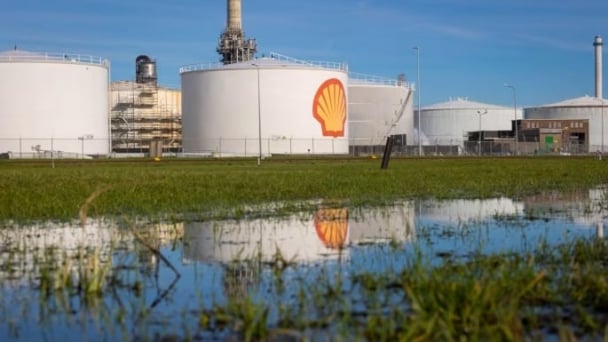
(VAN) Energy group experts left after draft guidance on global warming plans ‘did not reflect the industry view’.
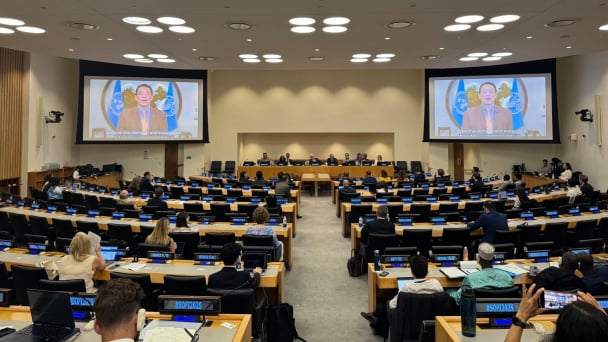
(VAN) Special Event in New York explores the causes, consequences and solutions to the 2021-2023 food price inflation.
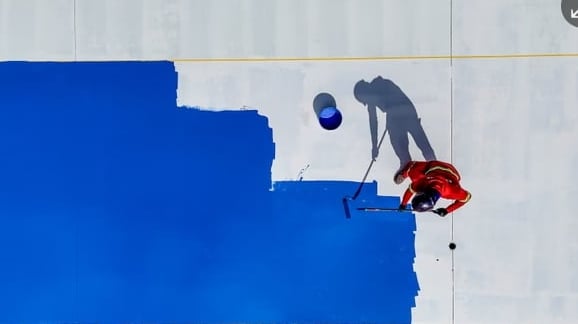
(VAN) Ahead of Cop30, the Guardian will profile each of the top 10 emitters and their plans – good or bad – to tackle emissions.
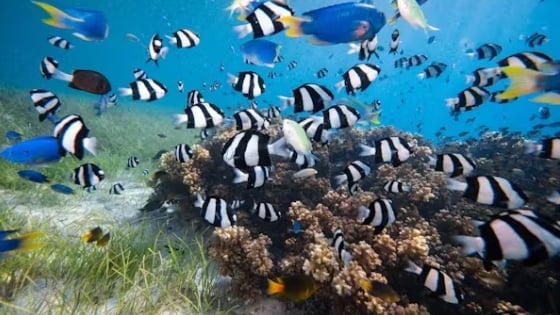
(VAN) Scientists have detected pesticides in rivers, lakes and oceans worldwide. So what are these pesticides doing to the fish?
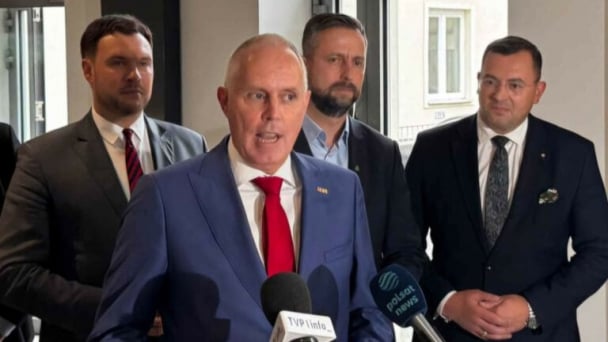
(VAN) Farmers’ organisations from across the European Union feel that the EU is undermining farmers throughout the Union and call for reason.
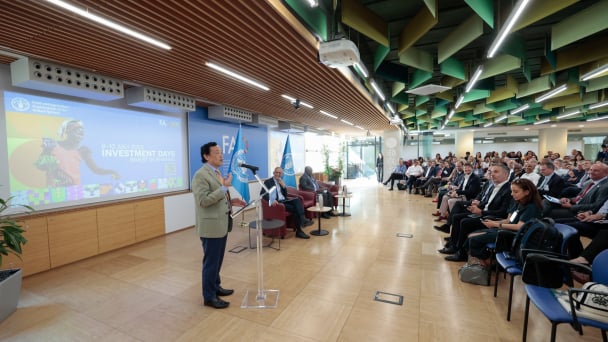
(VAN) Director-General urges bigger and deeper thinking to address youth employment challenge.